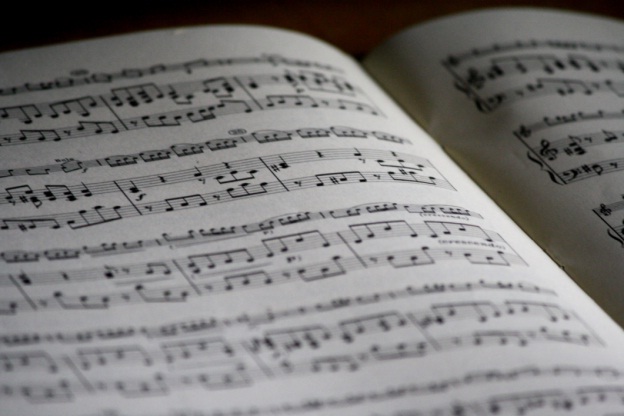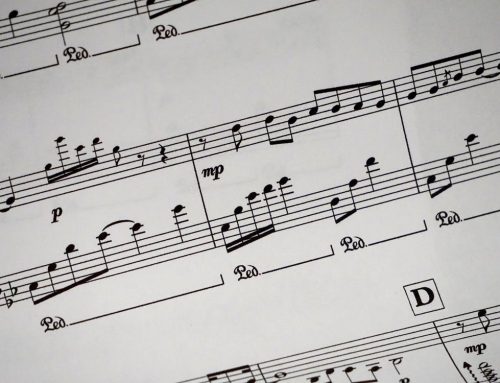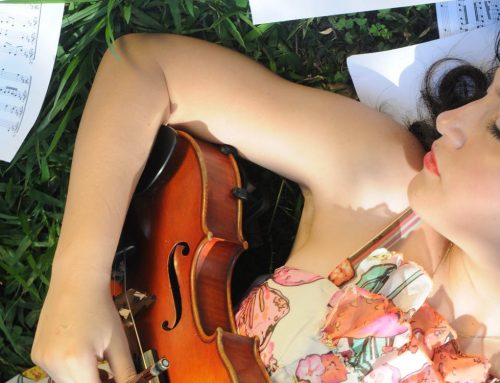A number of people today entertain the notion that learning to read music is out dated. The idea that one needs only an instrument and themselves to learn music, though an attractive one can at times be limiting.
Sure there are a number of musical geniuses who never learned to read or write music, but that does not take away from the fact that for many of us, learning to play music is an extremely useful skill!
We have listed five very enriching benefits enjoyed by those who learn to read music!
You have the Ability to Diversify
If you pick up an instrument and start playing it, you will possibly be directed into the genres that your instrument is most popularly used in. This will at least be true in the beginning in your musical journey. Learning to read and write music doesn’t just expose us to a variety of genres, it also provides us with an incomparable depth on understanding as to how various musical arrangements work!
Your Jammability Goes Up
Don’t look up jammability in the dictionary. It might not be a real word…YET. Jamming is when you get together with others to make music. Bearing this in mind, you can say ‘jammability’ is a way to loosely describe how well you do that! Learning to read music will allow you to jam with a large array of musicians.
You can Write Down Compositions
Do you read poetry? Have you ever maybe checked out spoken word on YouTube? Now imagine if you sat and came up with an epic poem but did not have the skills to write it. It’s the same with music. Learning to read means you can write it too. This in turn means that if you do in your early days ever strike musical gold at 3 am when no one is around, you can write it down and save it for later! You can also keep going back and developing on it!
Your Musical Memory Improves Drastically
Remember those repetitive grammar and writing exercises they would make you do in school? Also, have you heard the advice; “write down what you’re studying and you’ll remember it better.” Like the relationship between the language and hand writing, learning to read music helps form more neural connections. These in turn make musical memory multi routed hence better!
Sky is the limit
You learn to speak a language and that is great. You learn to read and write and the possibilities are limitless. Beethoven did a lot of what he did post losing his hearing because he could read and write music! Reading music will allow you to record, evolve and assess your style. It will expose you and train your brain to be more musically efficient. If you’re already a good musician, learning to read music might just be your key to greatness!
Conclusion
Do not listen to people who tell you not to do things that are productive. Attempting to learn to read music is a harmless endeavor which could actually prove to be quite beneficial! Musical Notation and Composing Software can sometimes be helpful when getting a hang of written music so give it a try!
Music Jotter is an easy to use music notation software that allows you to create, analyze, sample and play back music via realistic playback or semi-real time recording.






